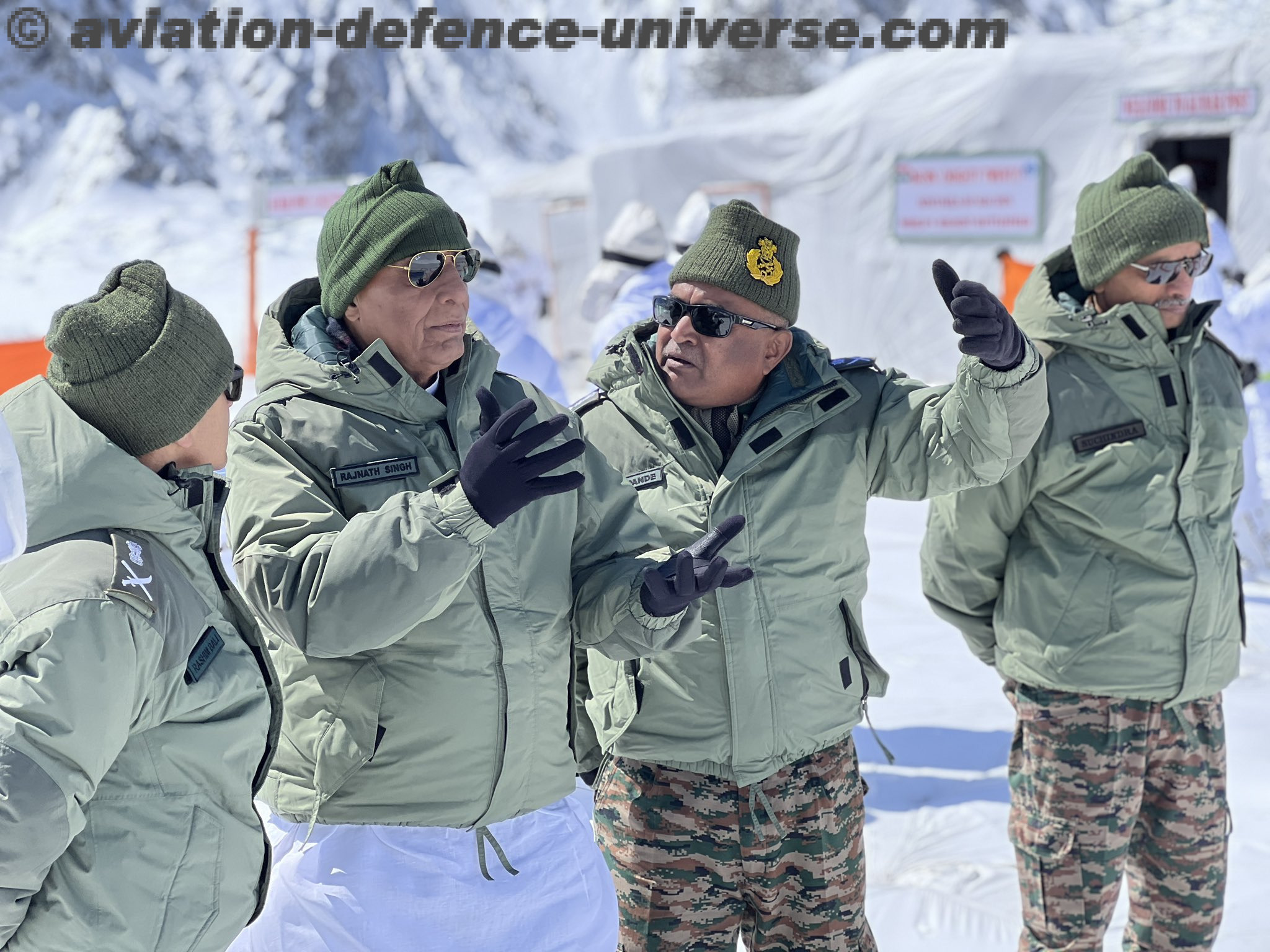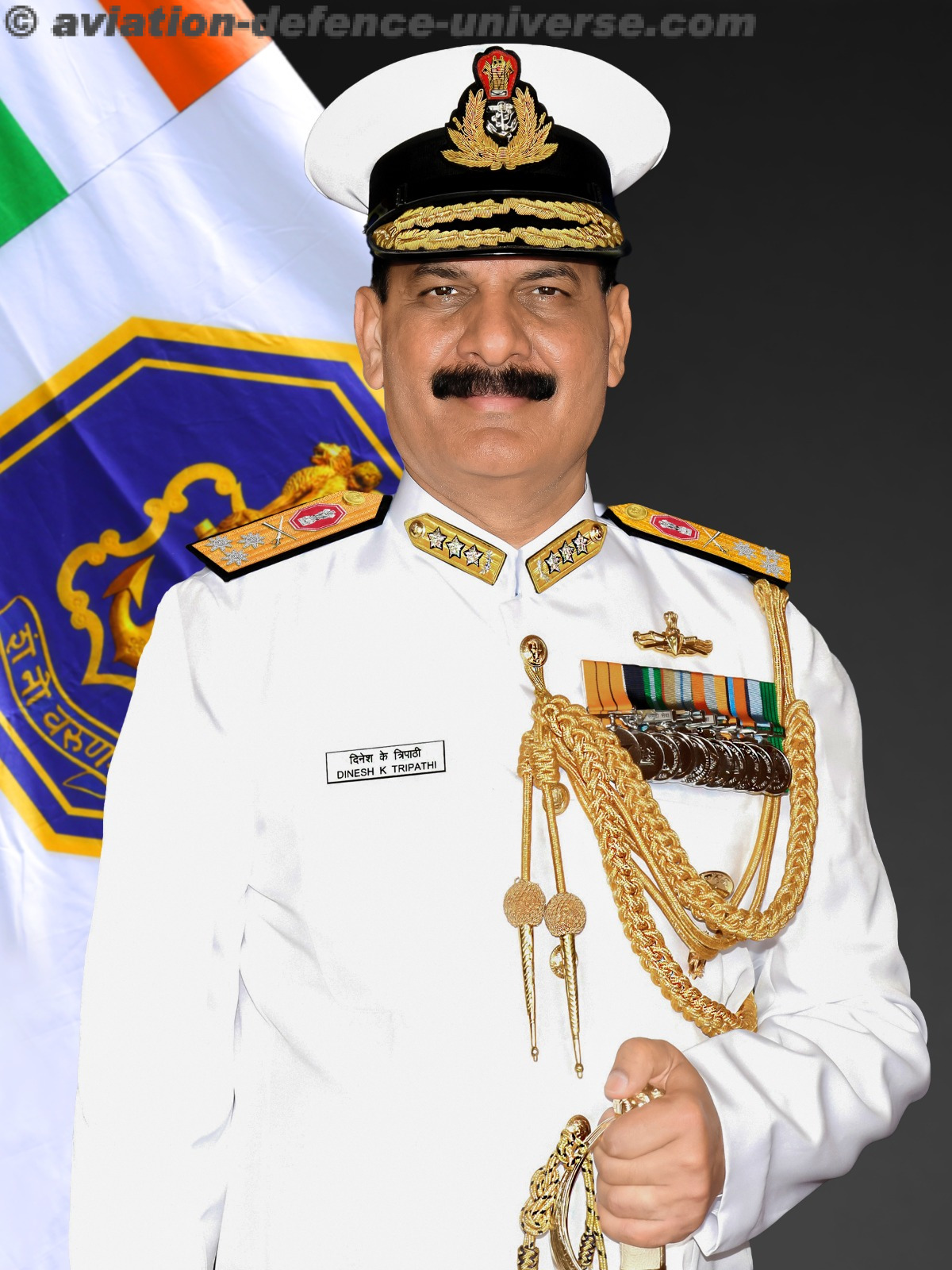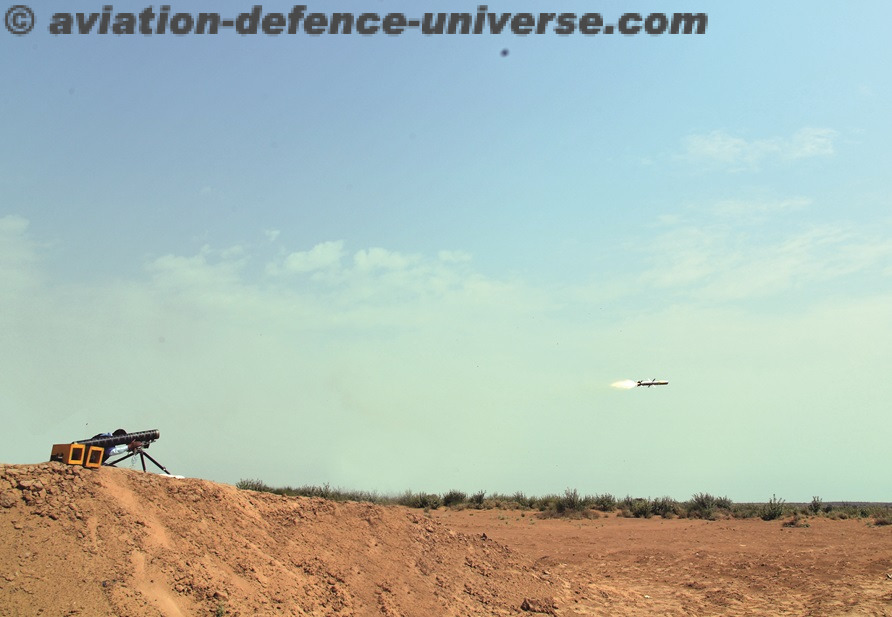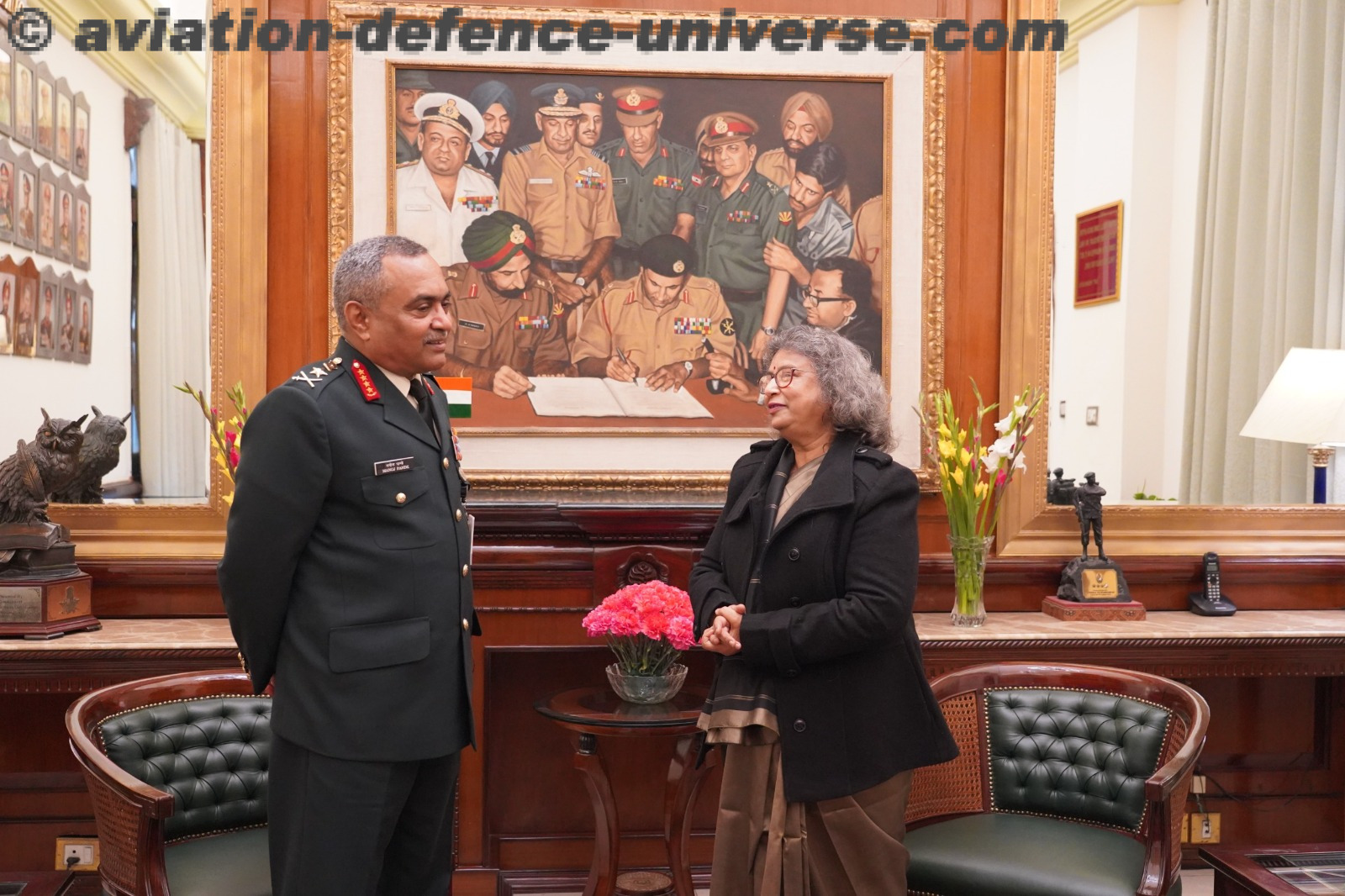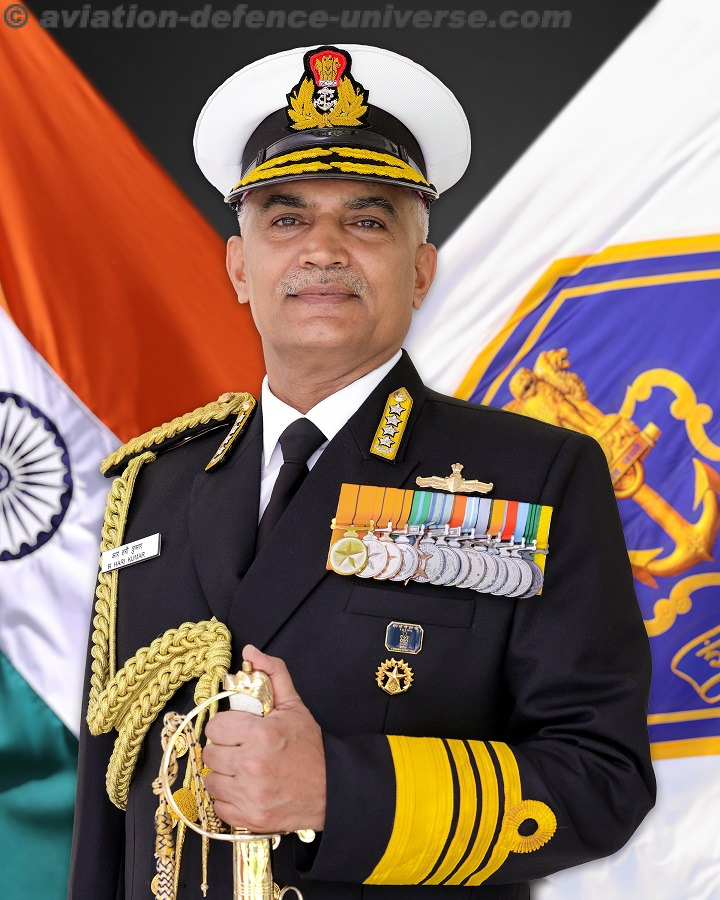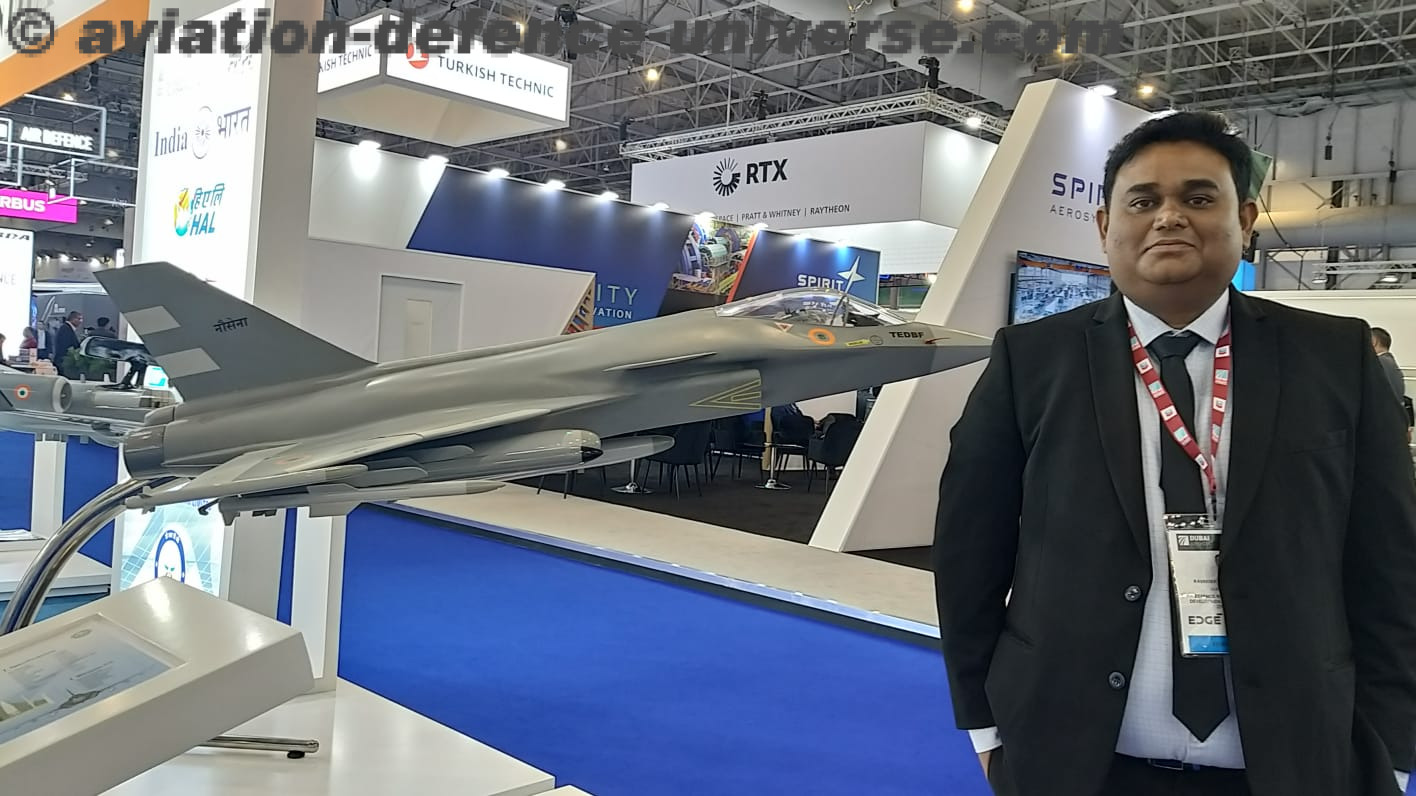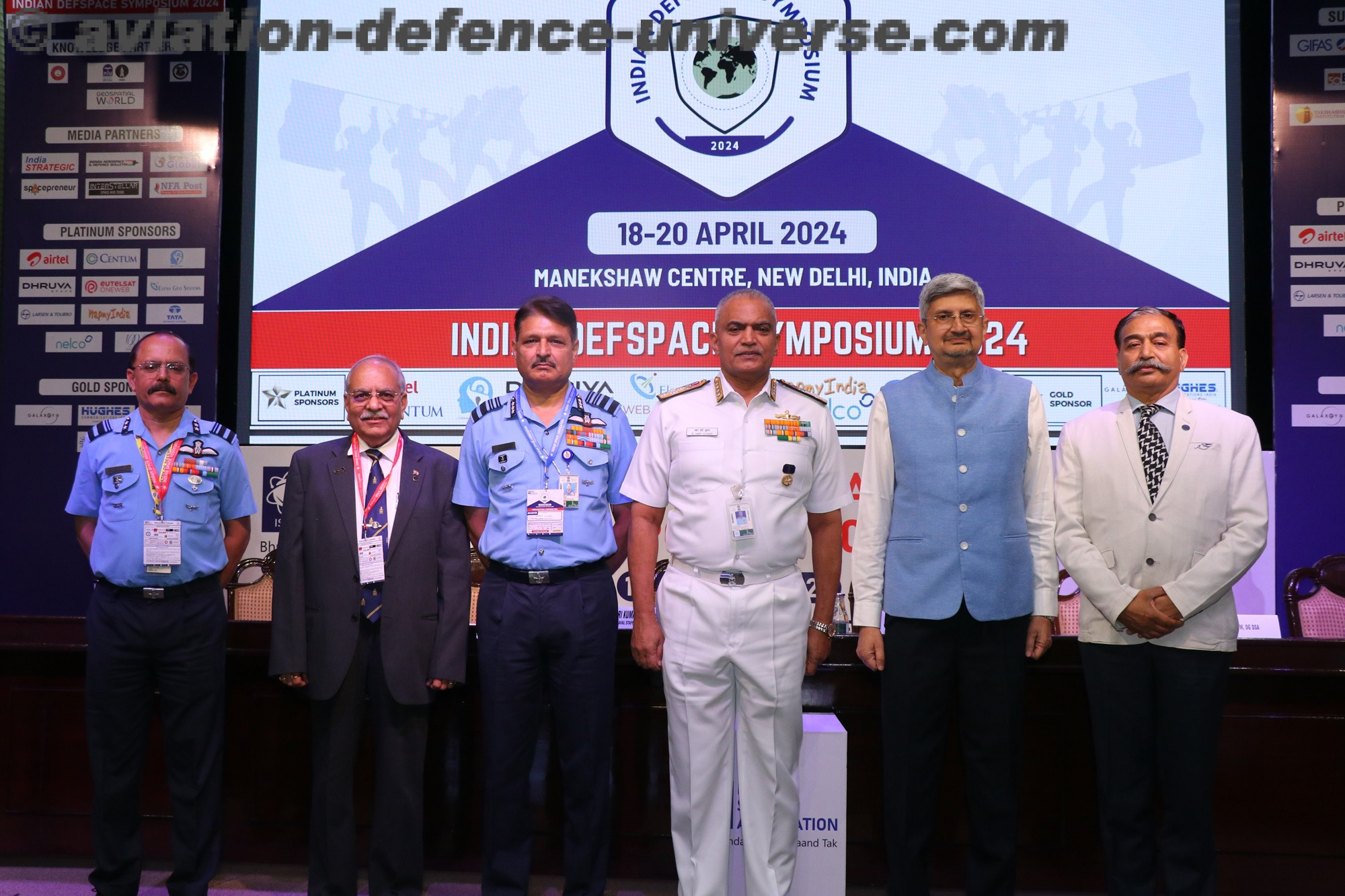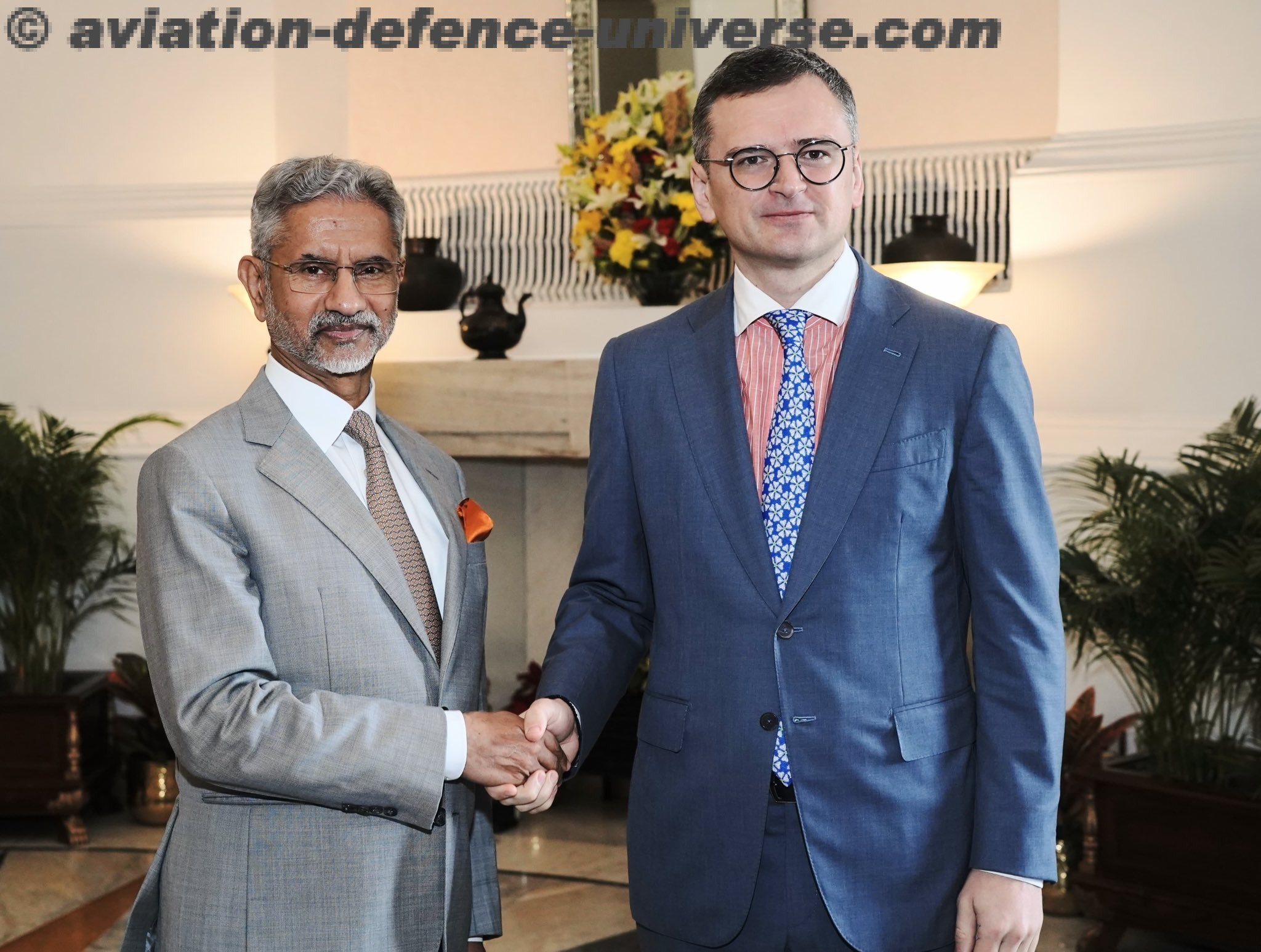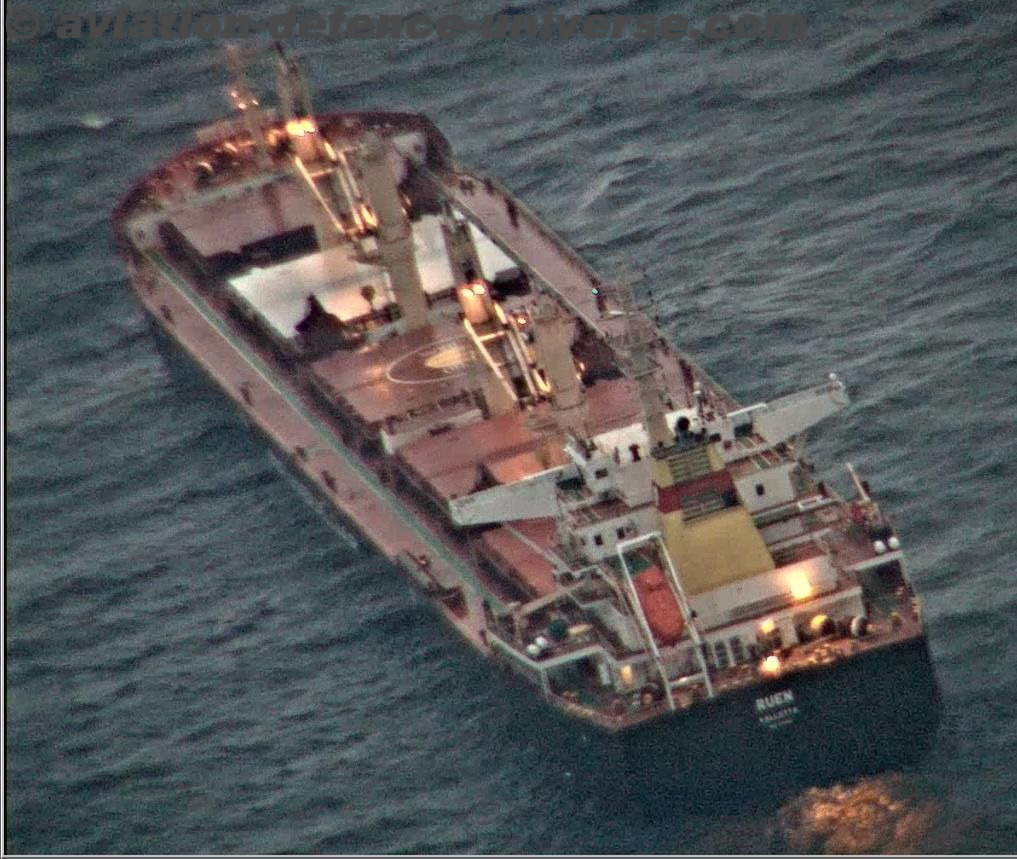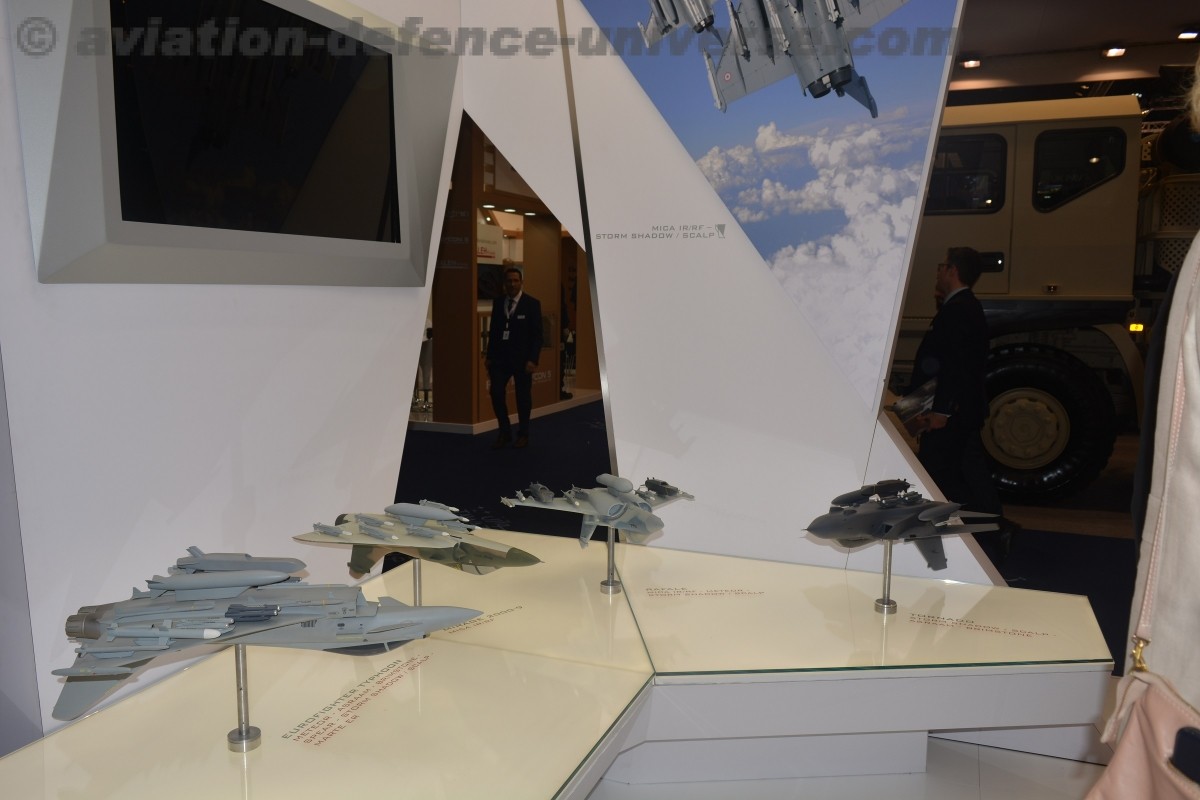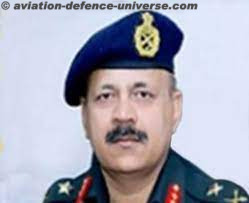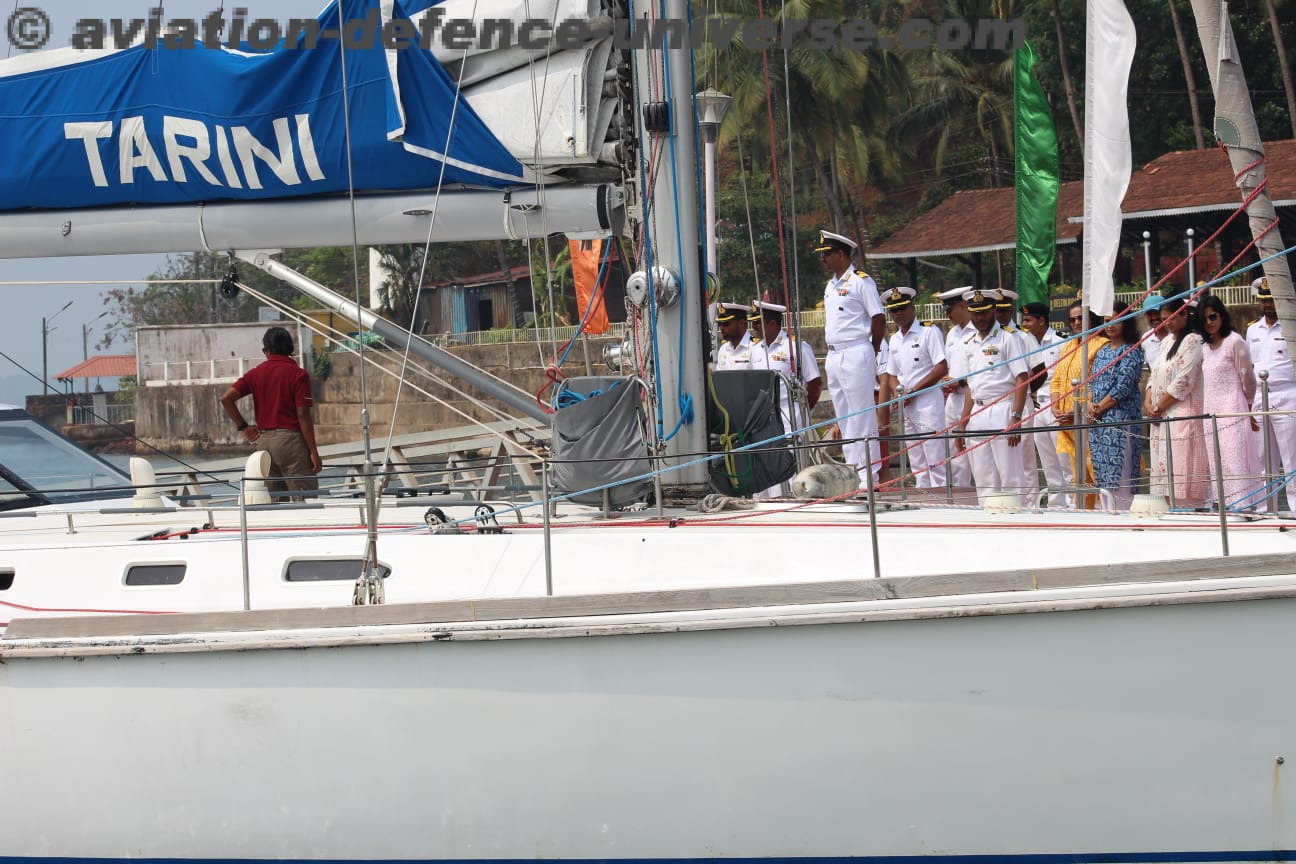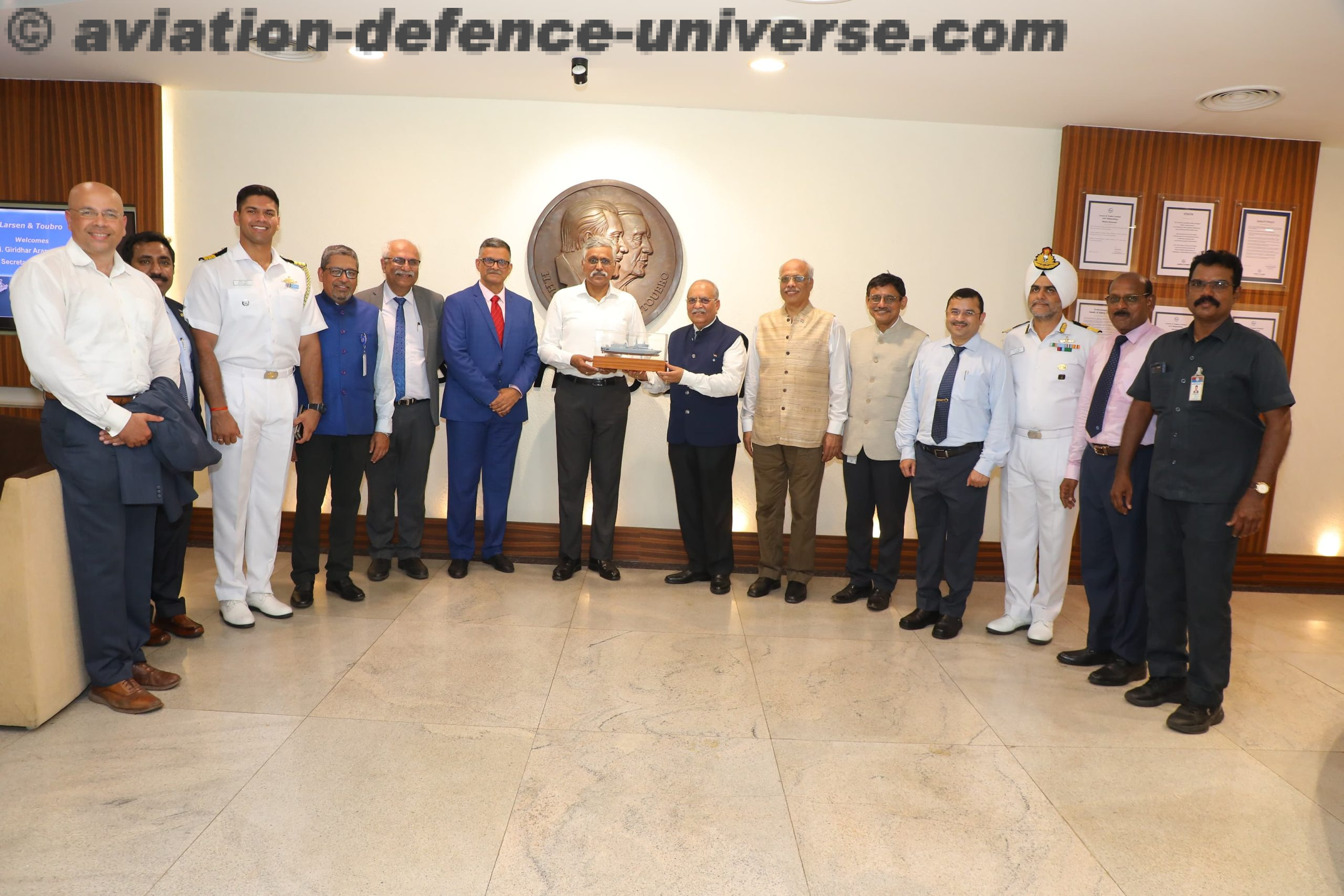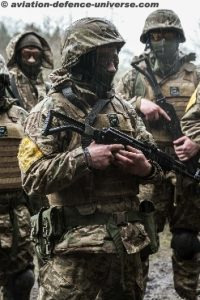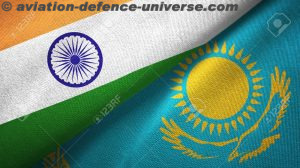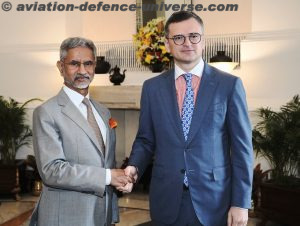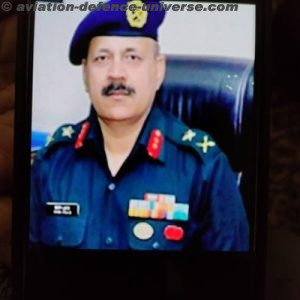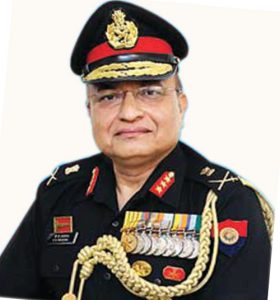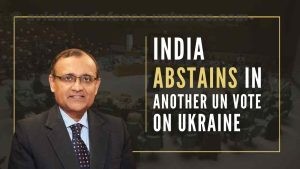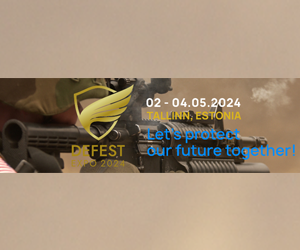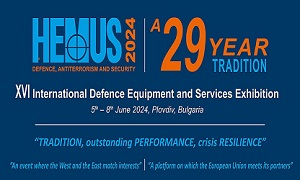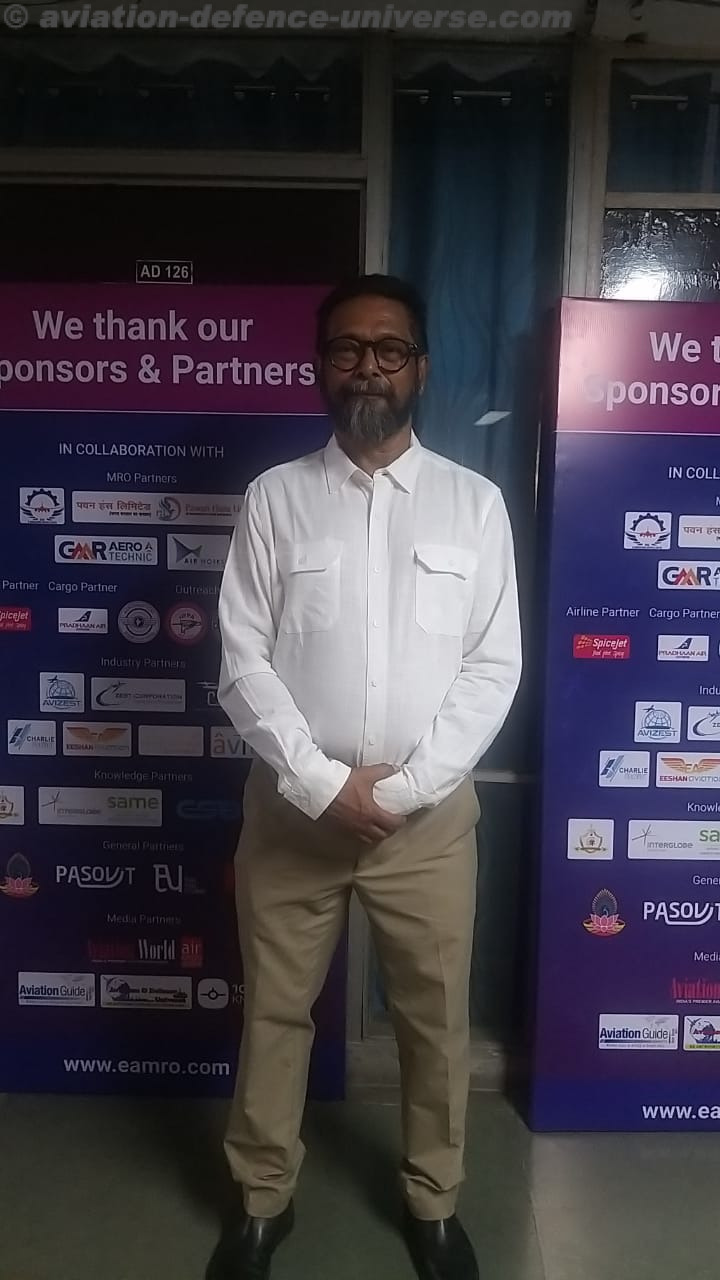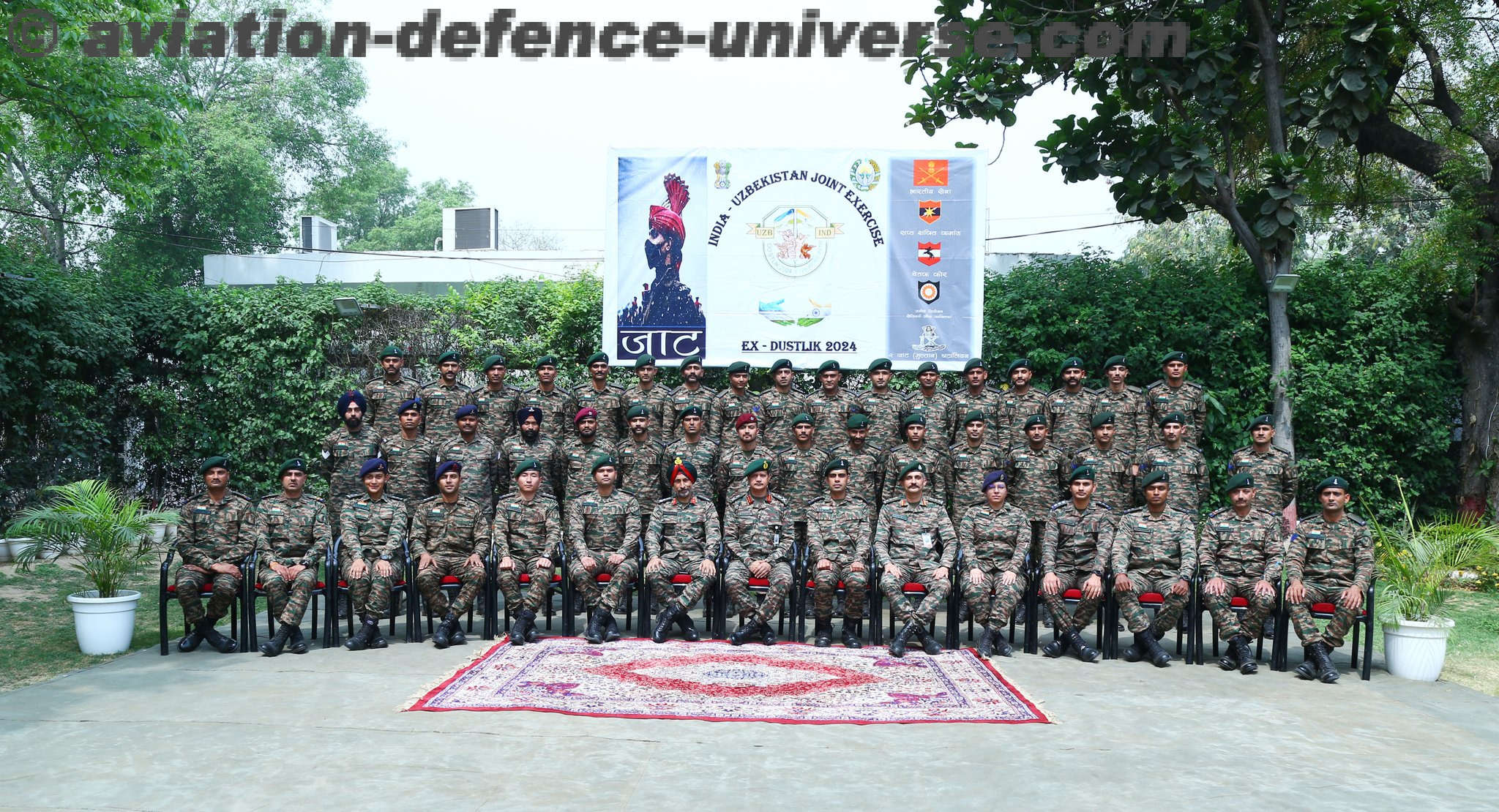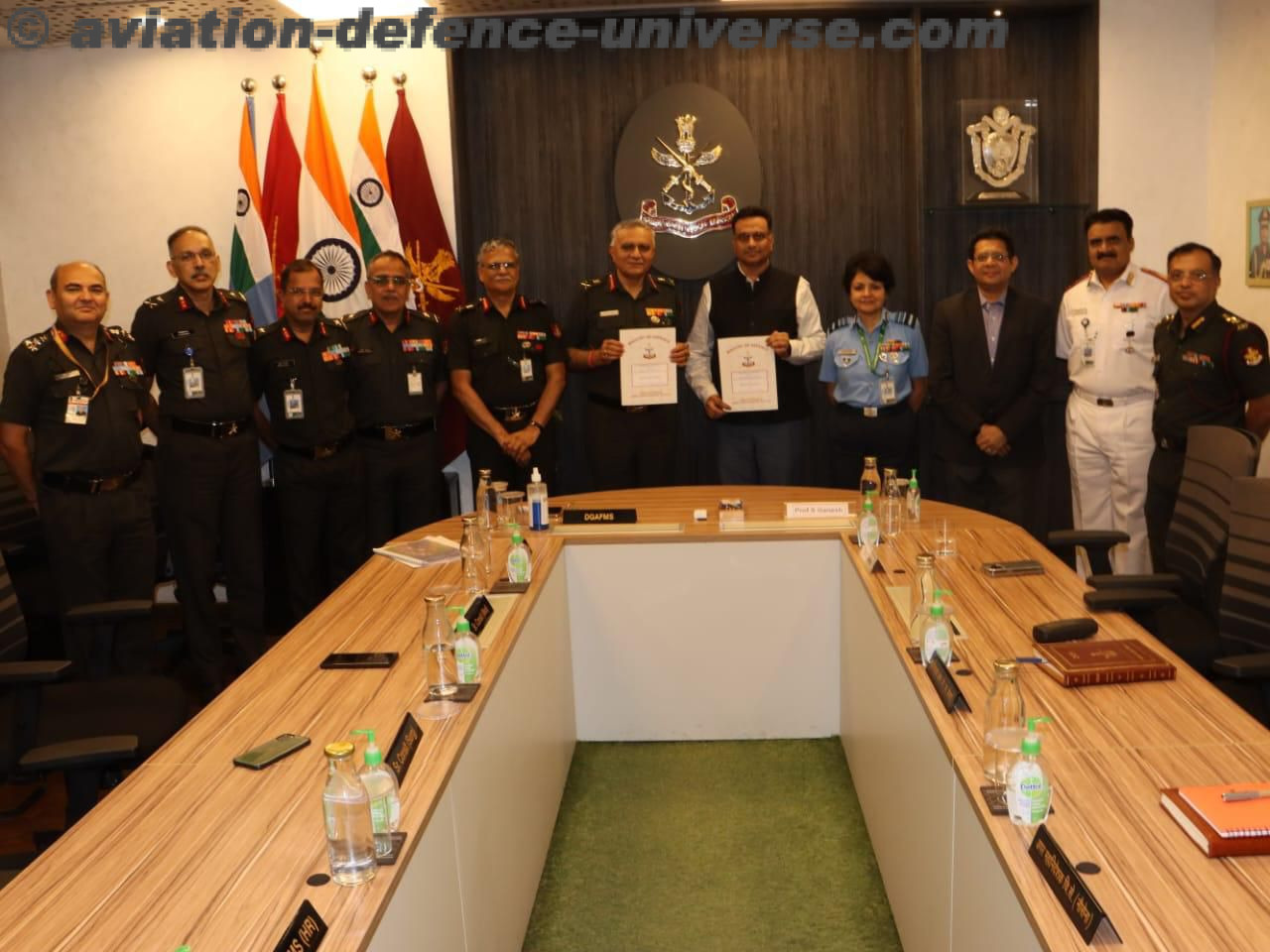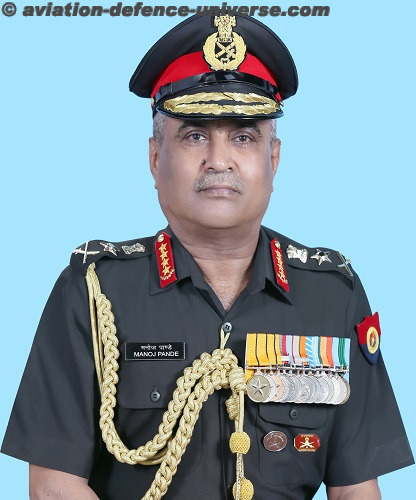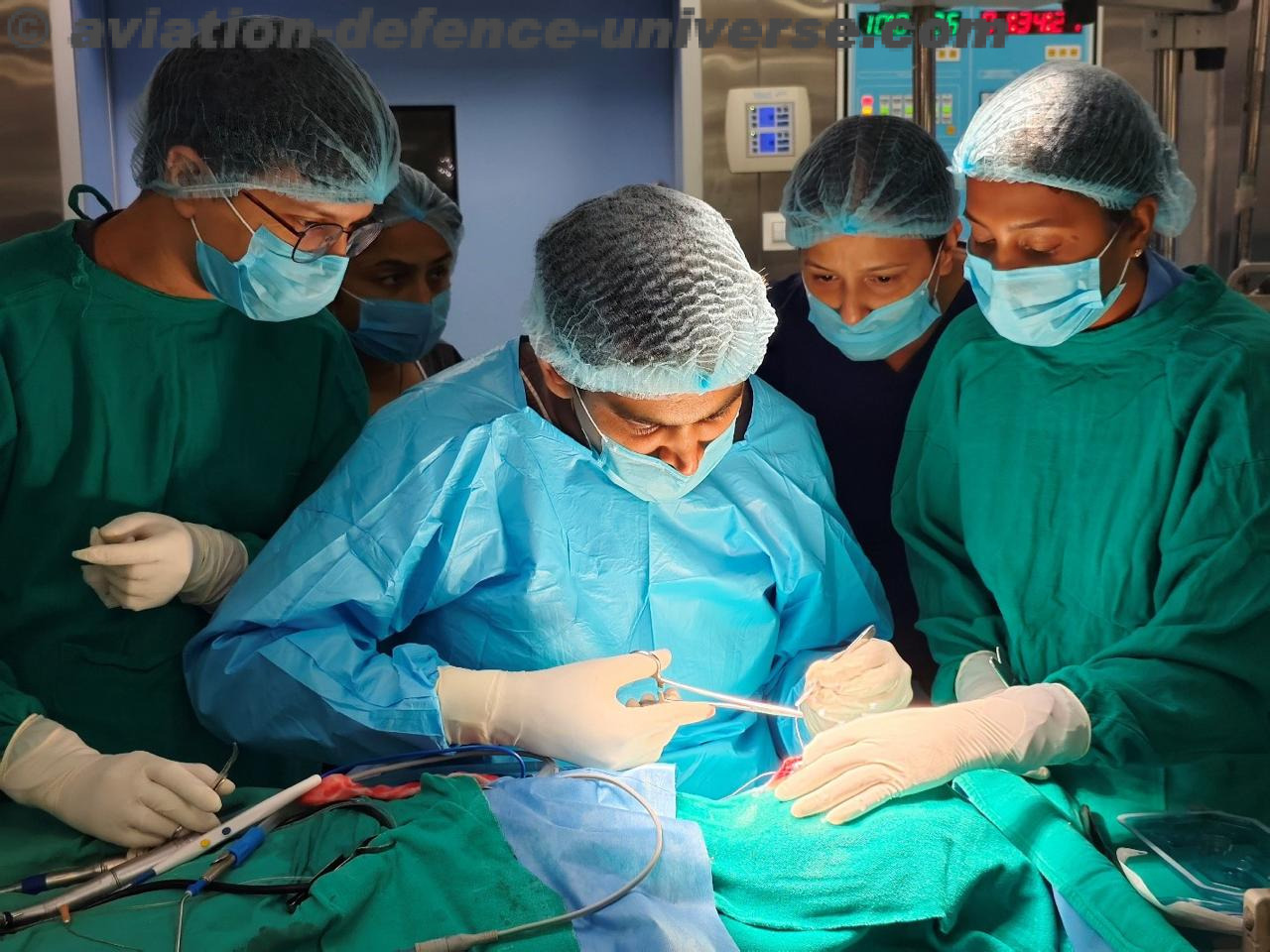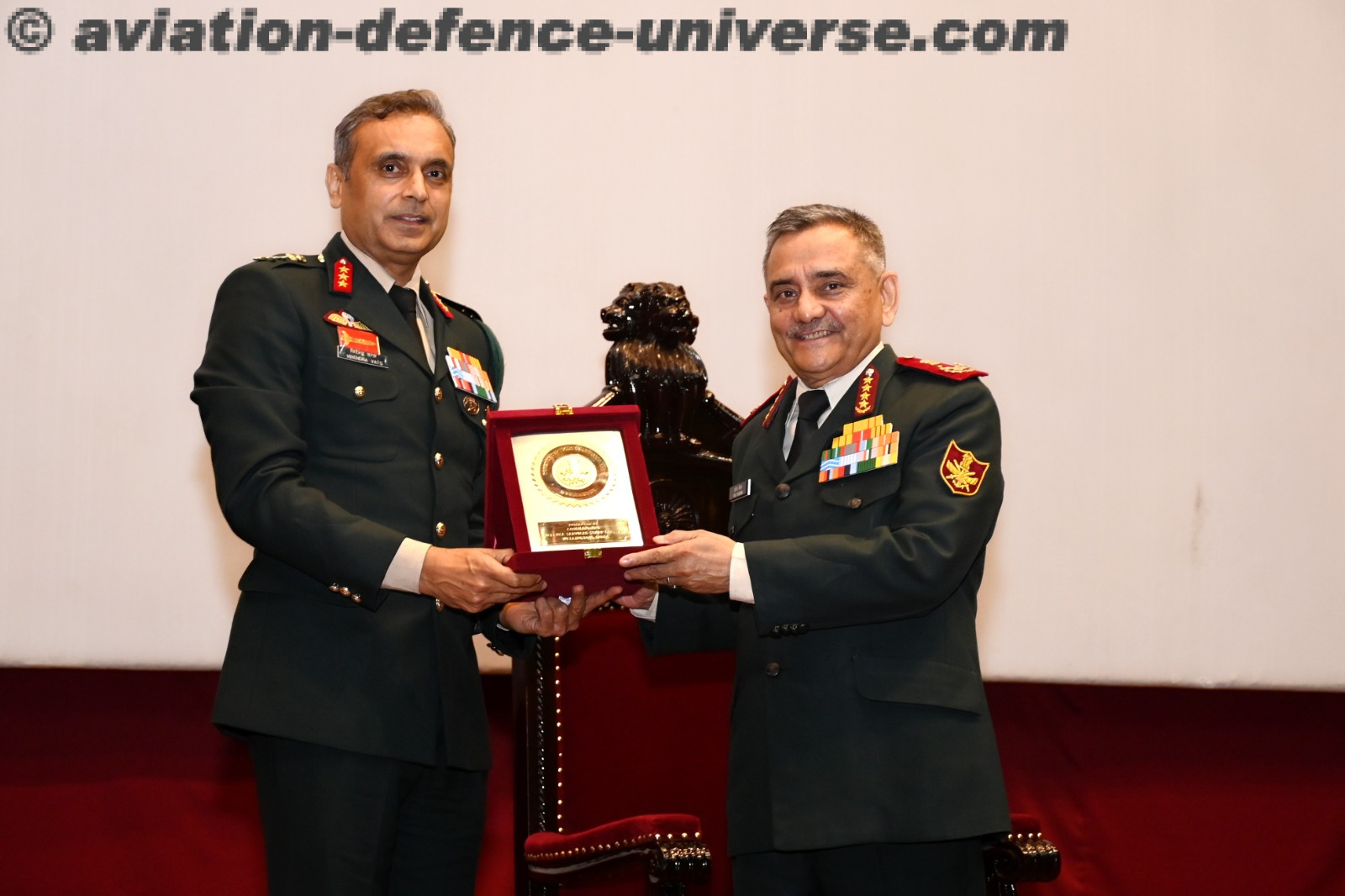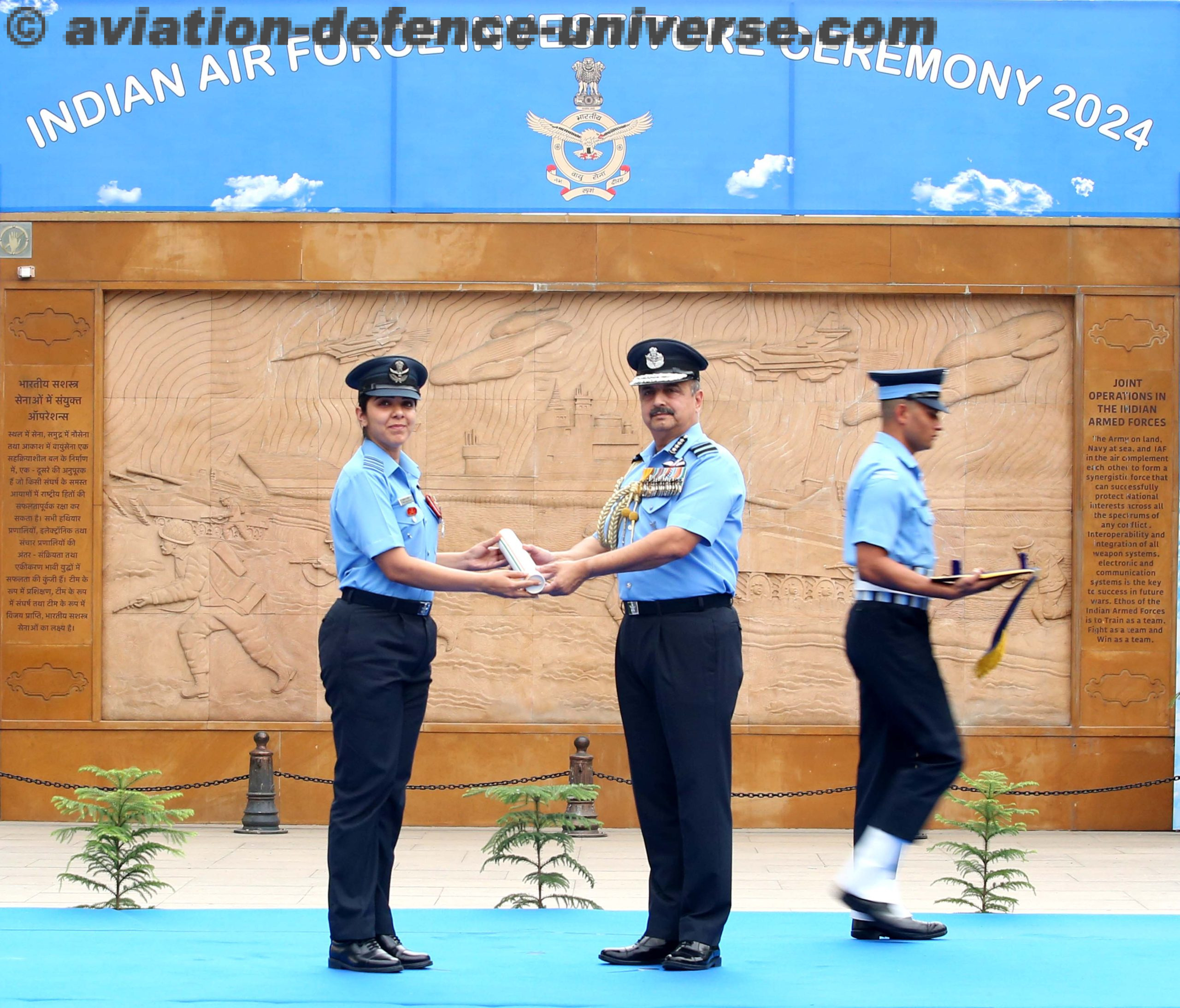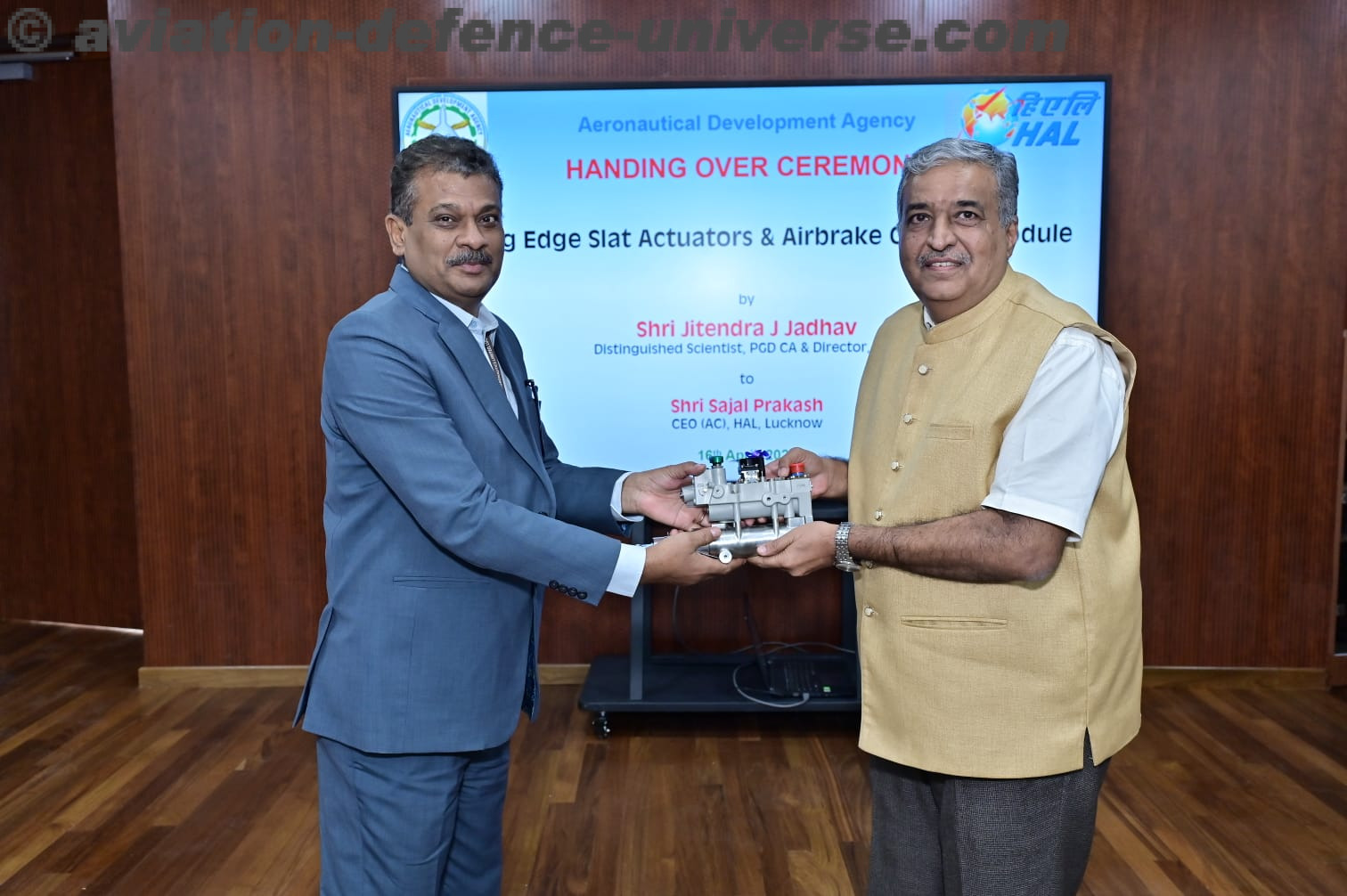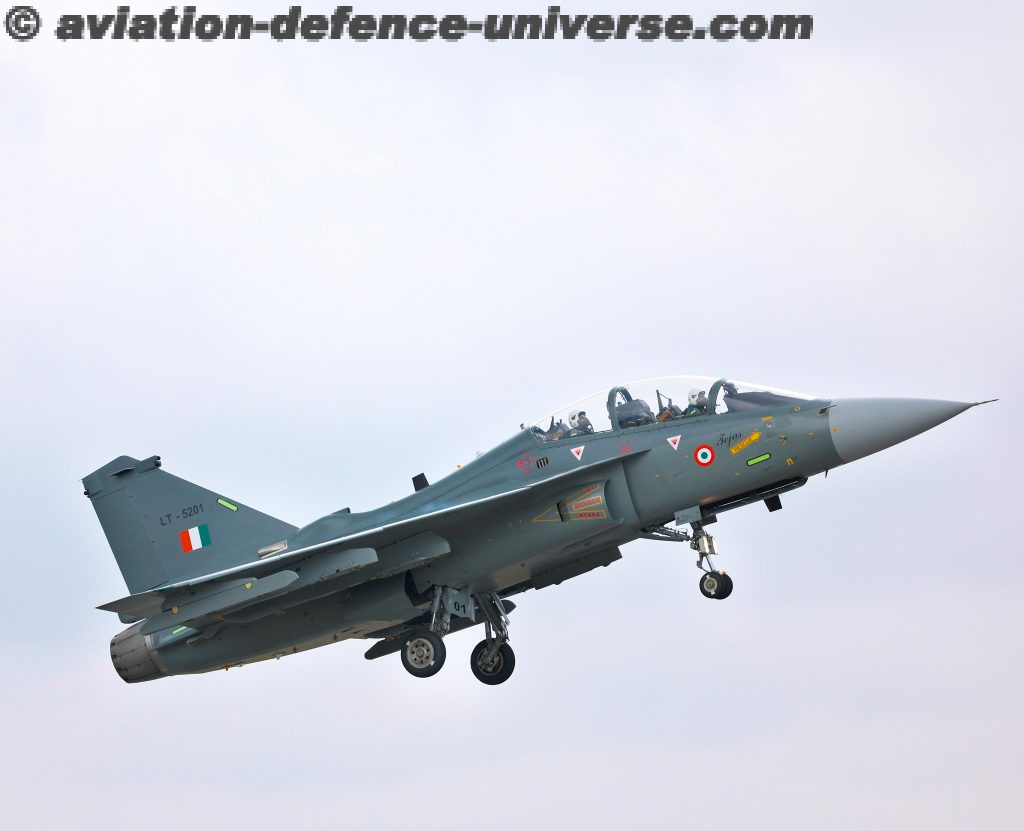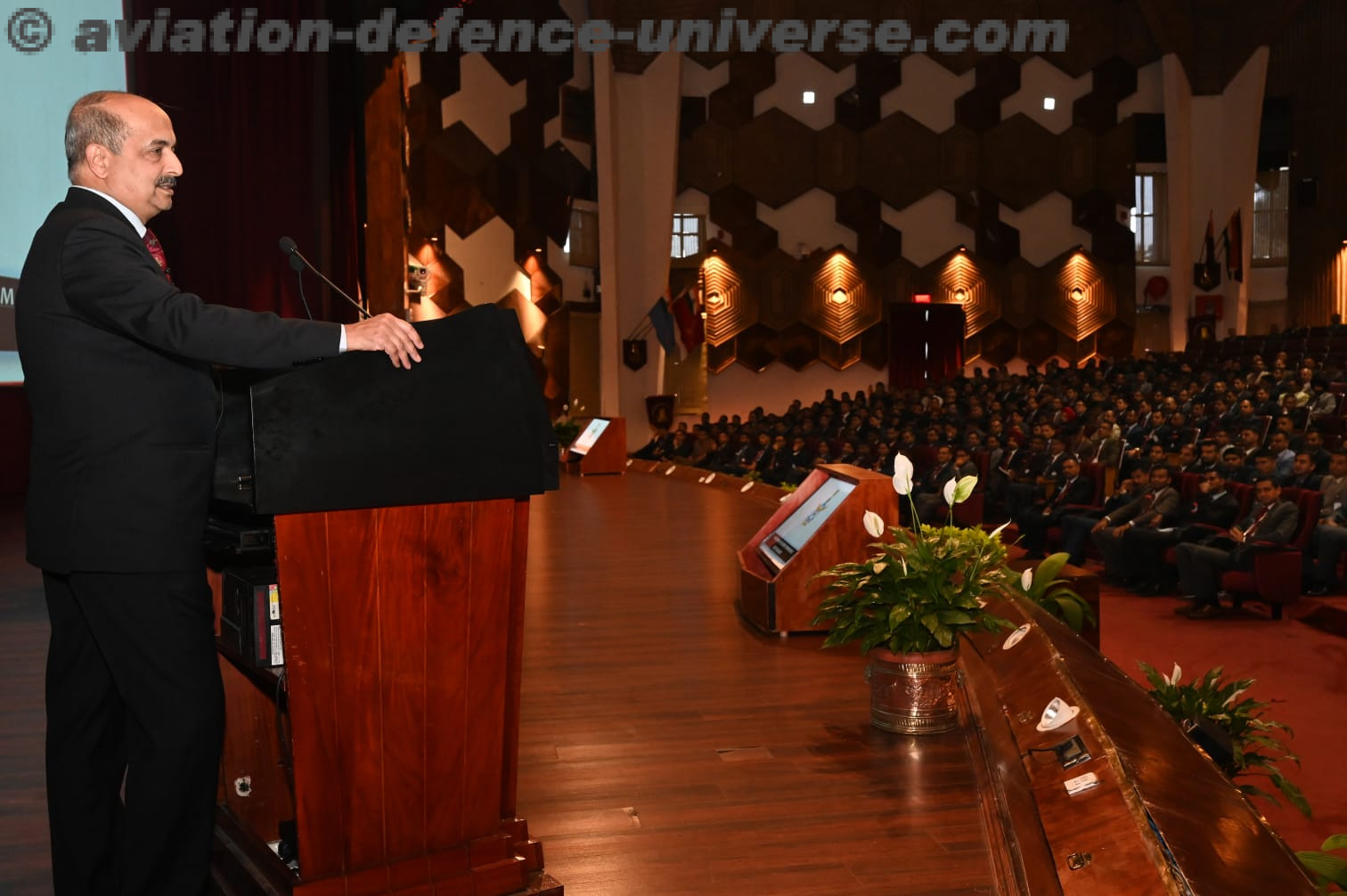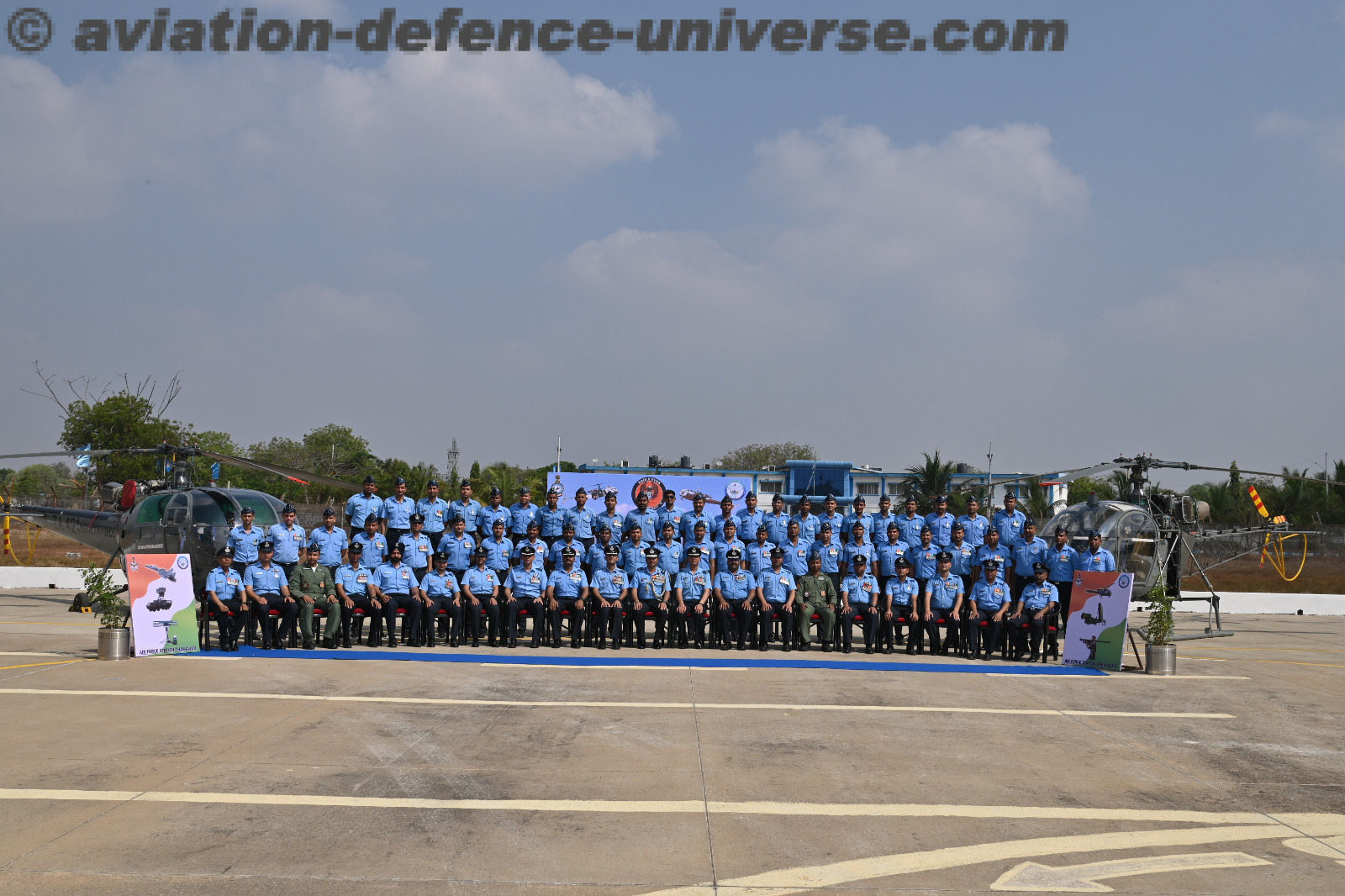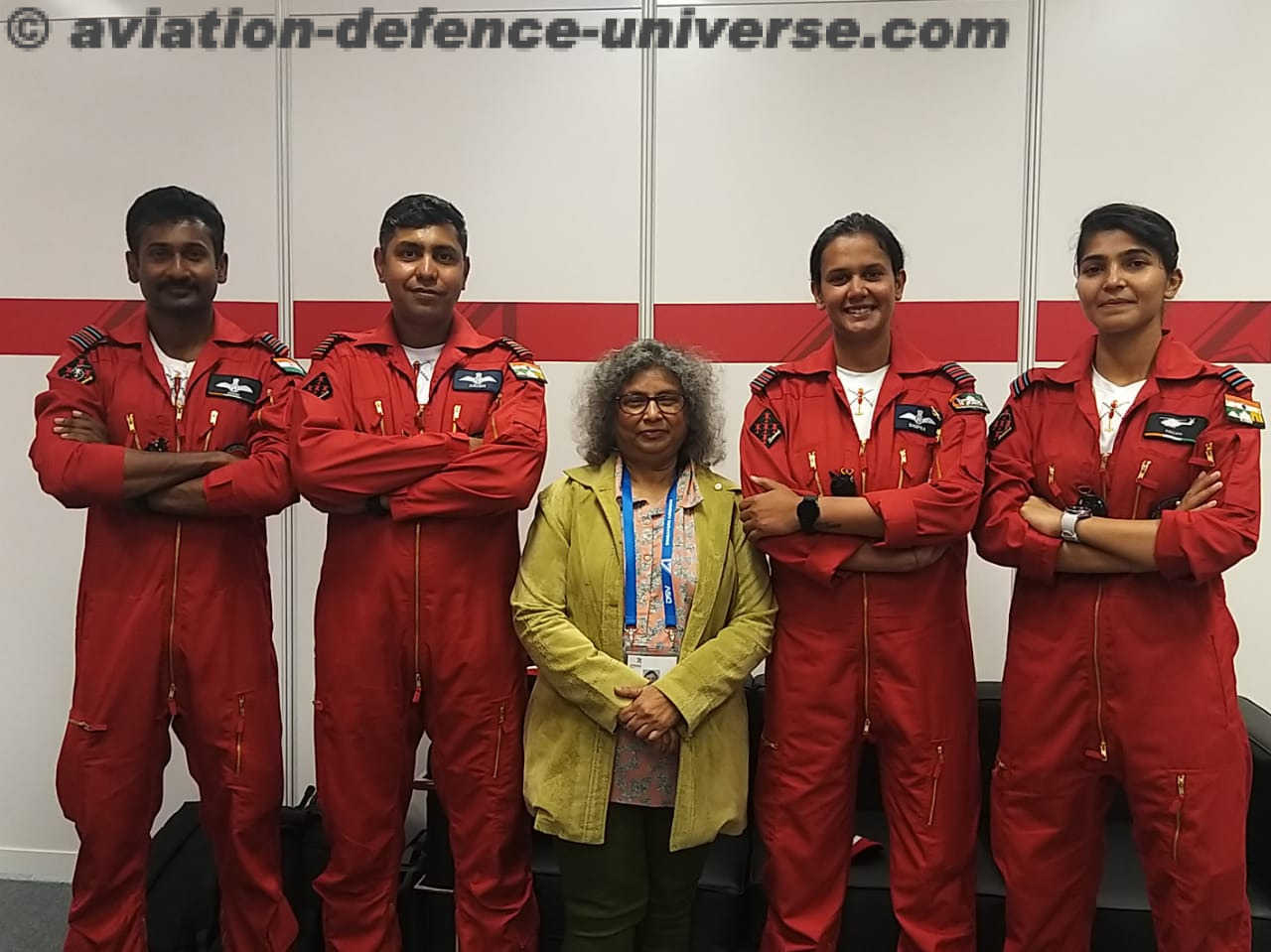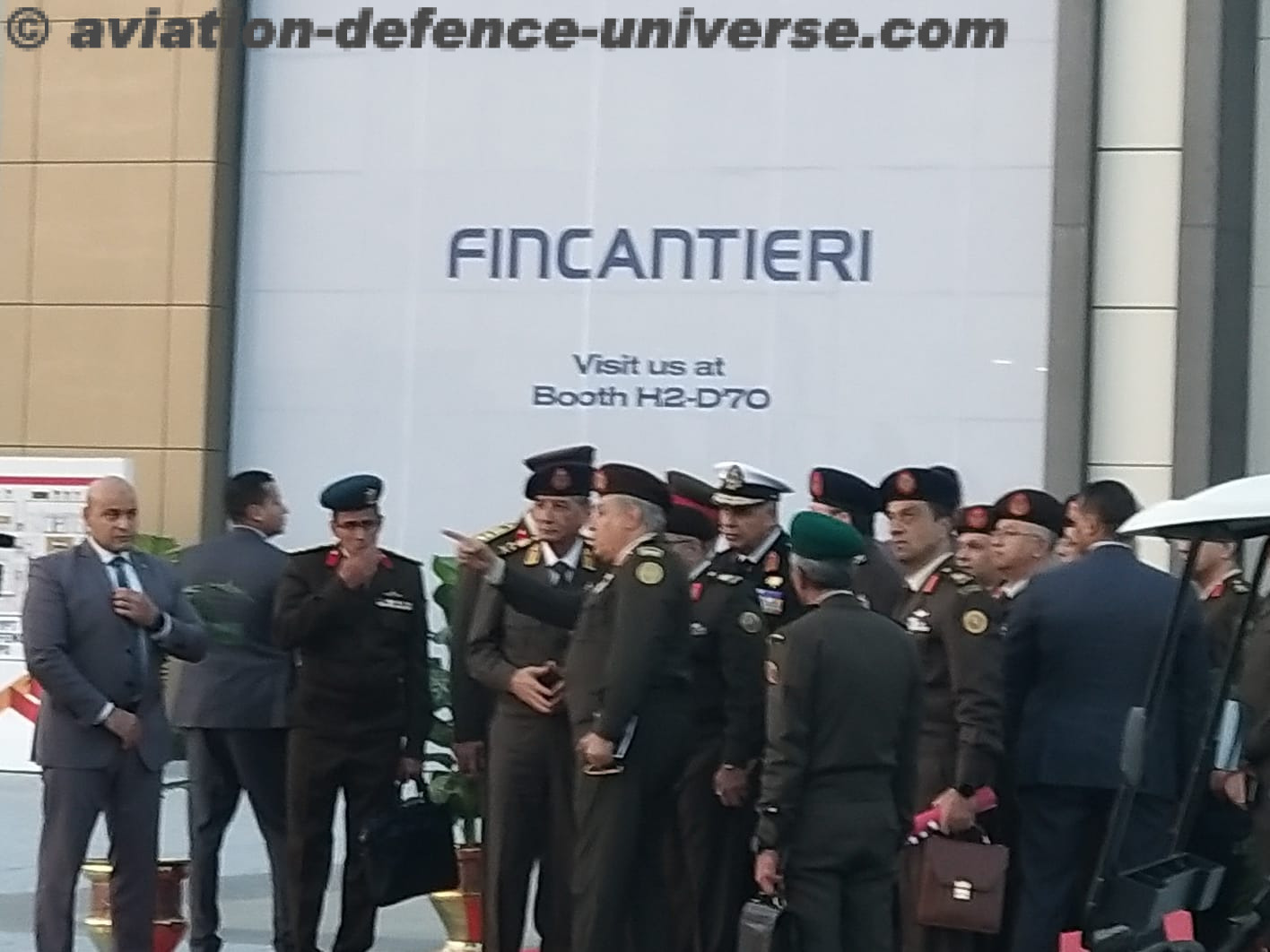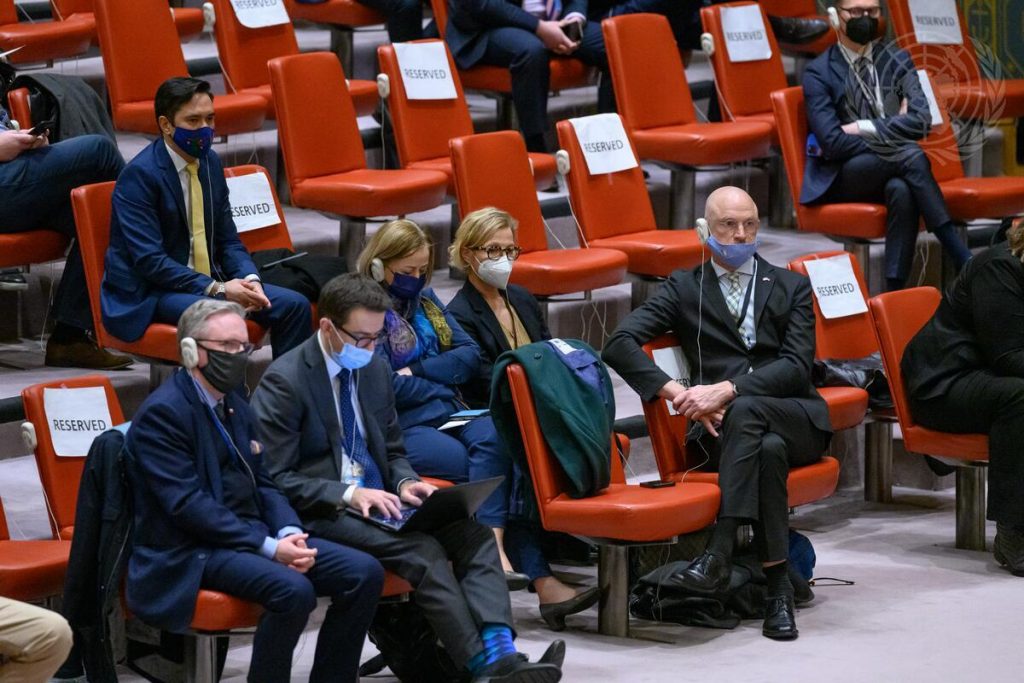
- 11 Votes in Favour, 1 Against, 3 Abstentions
New York. 28 February 2022. The United Nations Security Council, at its fourth meeting on the situation in Ukraine in the last week, called an emergency special session of the General Assembly in the next 24 hours at which the world body can decide whether to use armed force, when necessary, to maintain or restore international peace and security.
By a recorded vote of 11 in favour to 1 against (Russian Federation), with 3 abstentions (China, India, United Arab Emirates), the Council adopted resolution 2623 (2022) (to be issued as document S/RES/2623(2022), taking into account that the lack of unanimity of its permanent members at its meeting on 25 February has prevented it from exercising its primary responsibility for the maintenance of international peace and security.
The procedural resolution precludes the use of a veto by the Council’s permanent members (China, France, Russian Federation, United Kingdom, United States). An emergency special session of the General Assembly shall be called if requested by the Security Council on the vote of any nine members, or by a majority of the members of the United Nations.
The Security Council had last called for convening an emergency special session of the General Assembly in 1982, with regard to the situation involving Syria and Israel, and in 1980, after the outbreak of the Soviet-Afghan war, when the former Soviet Union vetoed a draft resolution, leading members to invoke General Assembly resolution 377A(V), “Uniting for peace”, adopted in 1950.
Under General Assembly resolution 377A(V), the world body resolved that if the Council, because of lack of unanimity of the permanent members, fails to exercise its primary responsibility for the maintenance of international peace and security in any case where there appears to be a threat to the peace, breach of the peace, or act of aggression, it shall consider the matter immediately with a view to making appropriate recommendations to members for collective measures. This includes, in a case of a breach of the peace or act of aggression, the use of armed force when necessary, to maintain or restore international peace and security.
Following the adoption, Council members explained their positions.
The delegate from the Russian Federation, Council President for February, spoke in his national capacity, saying that each permanent member has a right to use the veto for such specific reasons as achieving global stability. Any attempt to circumvent the Russian Federation’s rights in this regard only undermines the Charter of the United Nations, he said, adding that the veto is not a privilege, but rather a mechanism to ensure balance in the world. The goal is to find common ground, unlike the actions of some Western members, which have blocked the Russian Federation’s concerns about the North Atlantic Treaty Organization (NATO).
Urging members to stop aiding and abetting the current social media misinformation war against the Russian Federation, he said: “We hear lies and deceit about the indiscriminate shelling of Ukrainian facilities, hospitals and schools” when “the Russian army does not threaten civilians in Ukraine; it does not shell civilian infrastructure”. Instead, it is the Ukrainian “nationalists” who are using civilians as humans shields and deploying rocket launchers in civilian areas — acts that are used by terrorists and must be condemned, he said.
China’s delegate, reiterating that his delegation’s unchanged position remains about the situation in Ukraine, said the priority is for all parties to do all they can to prevent the situation from deteriorating. At the same time, the Council must prioritize regional peace and play a constructive role in resolving the situation, with efforts facilitating a diplomatic solution. Efforts must also address Russian Federation and European security-related concerns.
Several members rejected the Russian Federation’s use of veto on the 25 February draft resolution aimed at ending the violence and called on Moscow to end its aggression against and engage in dialogue with Ukraine. Reiterating his delegation’s strong commitment against veto use in the Council since 1945, Mexico’s representative said it is not a privilege, but an enormous responsibility, especially when used by one of the parties involved in the situation concerned.
France’s delegate said the Russian Federation’s veto on 25 February only prevents the Council from exercising its responsibility to uphold international peace and security. Noting that President Emmanuel Macron has called for a Council meeting on 28 February to address the humanitarian situation, he said France and Mexico have co-sponsored a related draft resolution calling for unfettered access to meet the needs of the people in Ukraine.
The speaker for the United States said the Russian Federation may have vetoed Friday’s resolution, but Moscow cannot veto the Ukrainian people and cannot veto the United Nations Charter. Recalling President Vladimir Putin’s declaration that nuclear weapons will be put on alert, she called on Moscow to tone down such dangerous rhetoric, which threatens all nations. The world must show Ukrainians they are not alone and that the United Nations has a purpose, she said, noting that the United States has contributed $350 million in aid, including security assistance, and stressing: “Let us do everything we can to help the people of Ukraine.”
In a similar vein, Brazil’s representative said: “Let us be exceedingly cautious in the General Assembly,” warning that such measures as cyberattacks and sanctions can jeopardize the situation, potentially leading to famine and enhancing the risk of direct confrontation between the Russian Federation and NATO. He also thanked nations welcoming the more than 420,000 refugees that the Office of the United Nations High Commissioner for Refugees (UNHCR) has reported are currently fleeing the conflict. Norway’s representative also raised concerns about the plight of the Ukrainian people, announcing that Oslo is providing $226 million in humanitarian aid. Reiterating other Council members’ calls, she insisted that the Russian Federation unconditionally stops fighting and withdraws all its forces from the territory of Ukraine.
Ukraine’s representative thanked delegates who voted to call a General Assembly emergency special session and told those who appeared to see no reason to do so to look at the images of what is unfolding across his country, where day to day, night to night, citizens face warnings of air raids and are asked to proceed to shelters. Elaborating on other consequences of violence across Ukraine, he voiced extreme alarm at the Russian Federation’s “nuclear blackmail”, a threat the world must take very seriously. Those who see what is taking place can find no justification for the attack against his country, he said, emphasizing that Ukraine has filed a case against the Russian Federation at the International Court of Justice. “Ukraine will bring the Russian Federation to account,” he declared.
Also speaking were representatives of Albania, Ireland, United Kingdom, India, Gabon, United Arab Emirates and Ghana.
The meeting began at 3:10 p.m. and ended at 4:05 p.m.
Courtesy : UNSC





